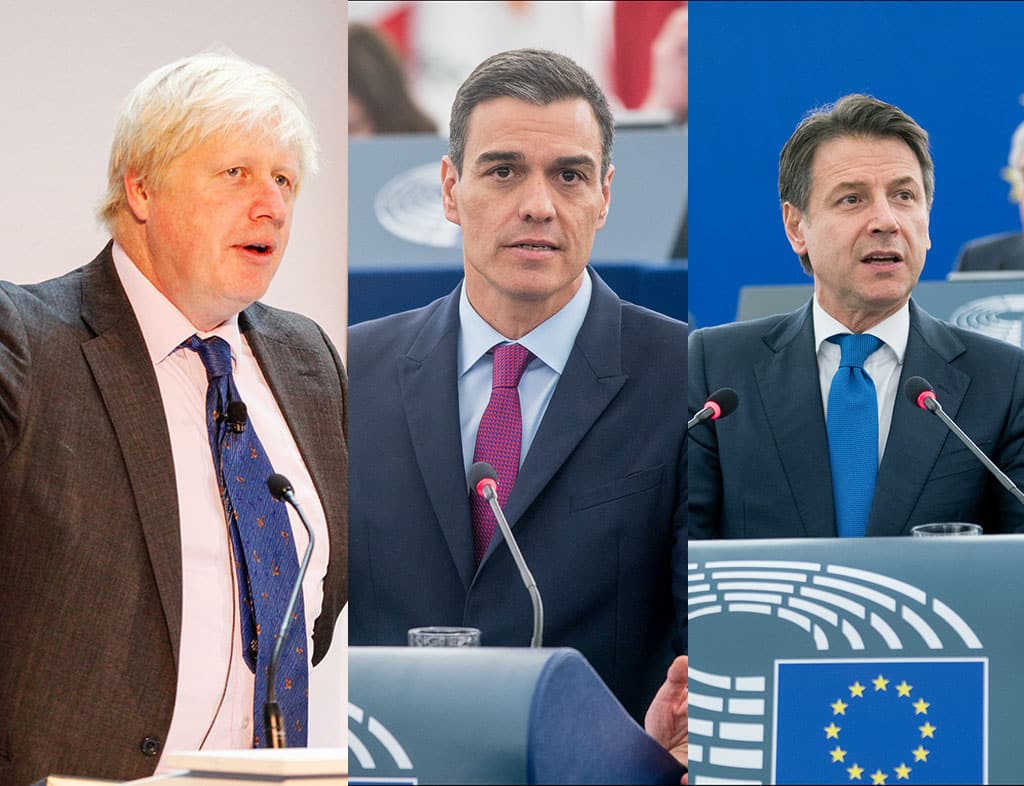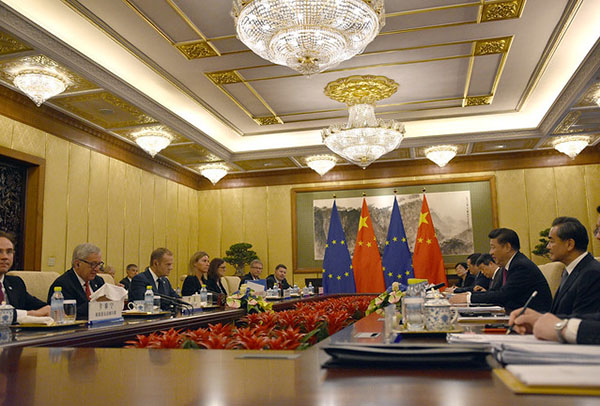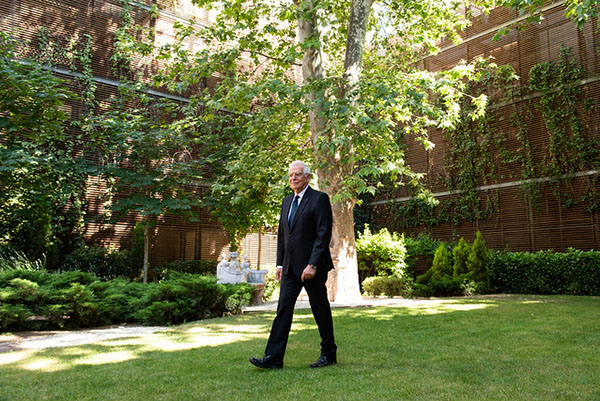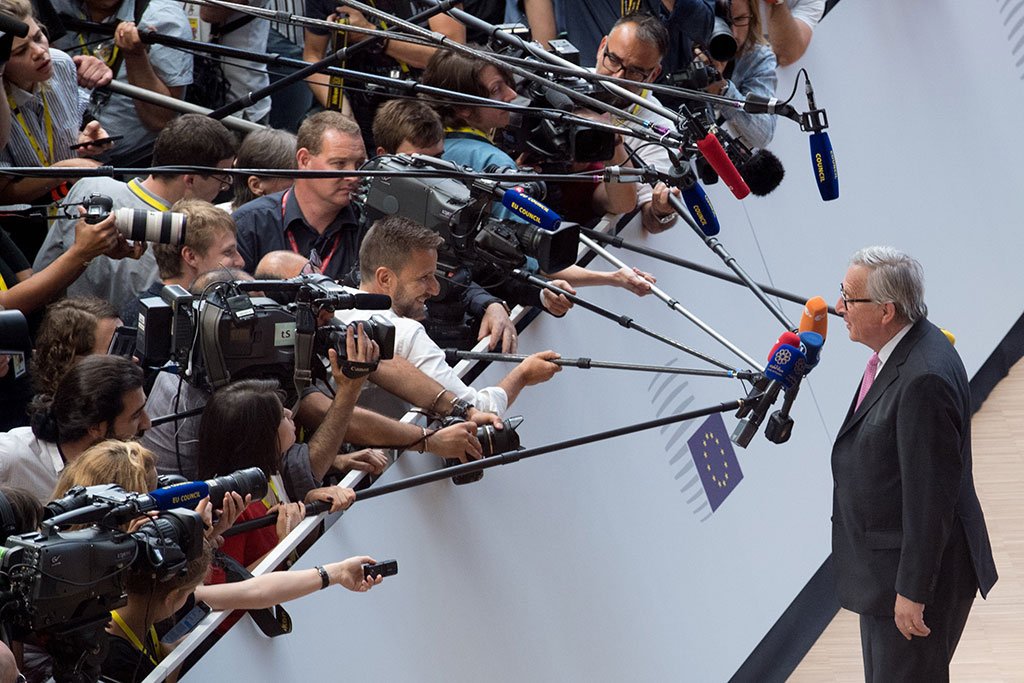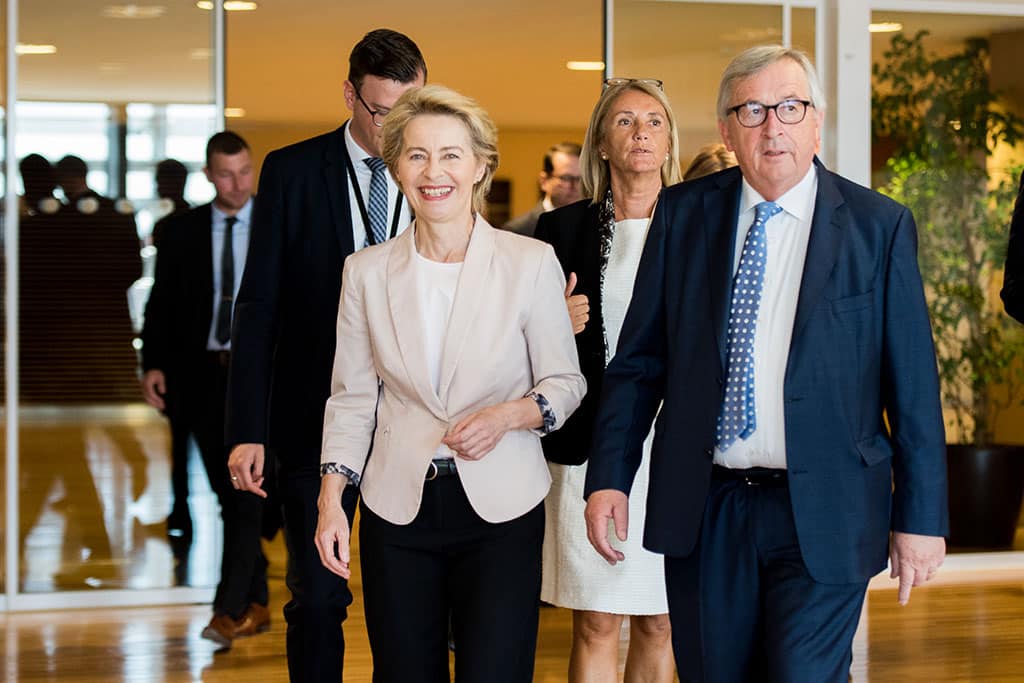Future of Europe
Cyber Security: How GDPR is already impacting the public-private relationship
For anybody wanting to participate in a public-private relationship within the General Data Protection Regulation (GDPR), the calculus must be weight of the well-known “carrot” gained from collaborative exchange with the new regulatory “stick” being wielded in Europe.
Election-free changes
In a matter of months, three major European countries have coincidentally seen changes of leadership and political direction without election being held.
The UK and Brexit: a failed or a failing state?
When a politician such as Chris Patten suggests that the UK is becoming a failed state it cannot be readily dismissed as an aberration.
Strategic autonomy in a new era: a Cold-War risk assessment of China’s involvement in the EU’s 5G networks
This paper suggests studying the relations between the EU and China through a Cold War analysis framework.
A strategic look at the position of High Representative and Commission Vice-President
What is the potential, and which are the shortcomings and possible ways of strengthening the post of High Representative for Foreign Affairs (and Vice-President of the European Commission) in order to improve the efficiency and standing of the EU as a global player?
The Molotov-Ribbentrop Pact, 80 years on
The 23rd of August marks the 80th anniversary of the Molotov-Ribbentrop Pact between Adolf Hitler’s Germany and Joseph Stalin’s Soviet Union.
The EU’s strange institutional renewal
Europe, the EU, is not doing as badly as is often claimed. But institutional imbalances are emerging that may trigger a crisis.
A historic battle of wills
The nomination of Ursula von der Leyen is a victory in the battle of wills for those who freely designate the head of government of their choice.
26 - 32 of 82 pages


